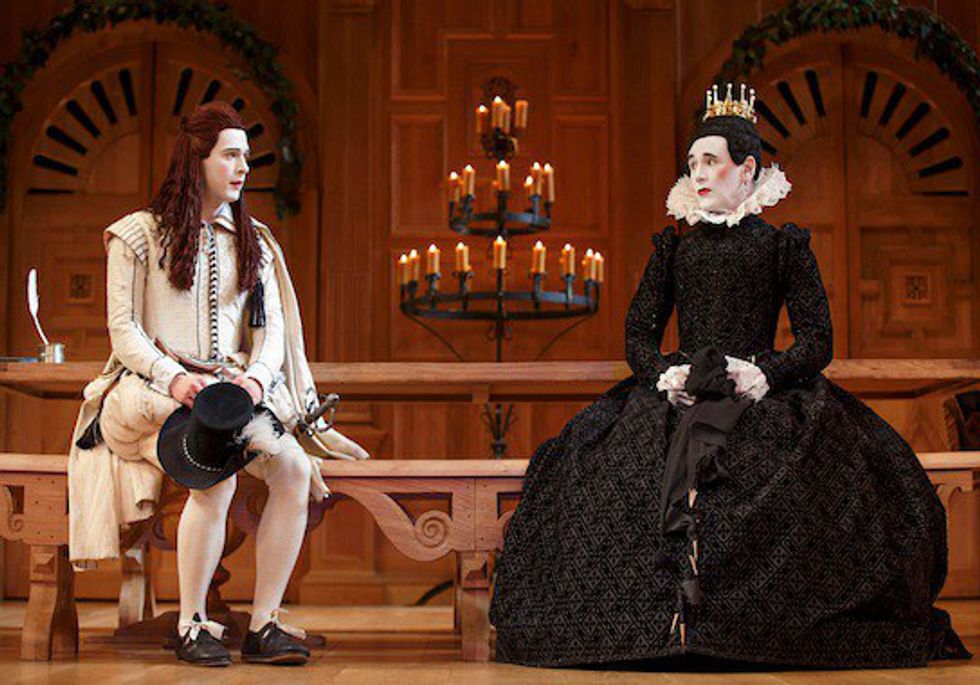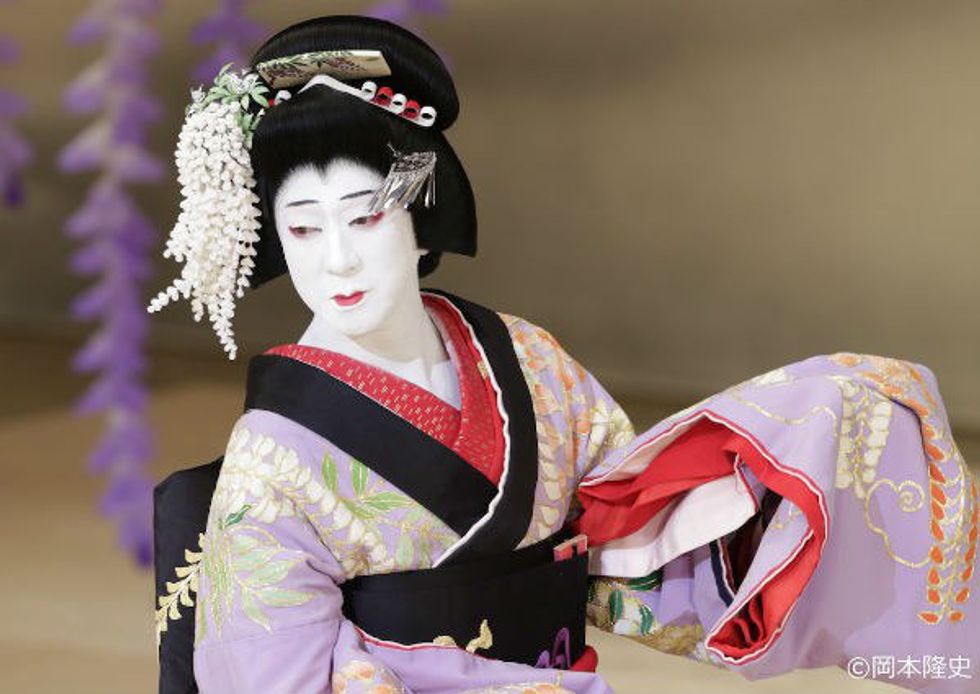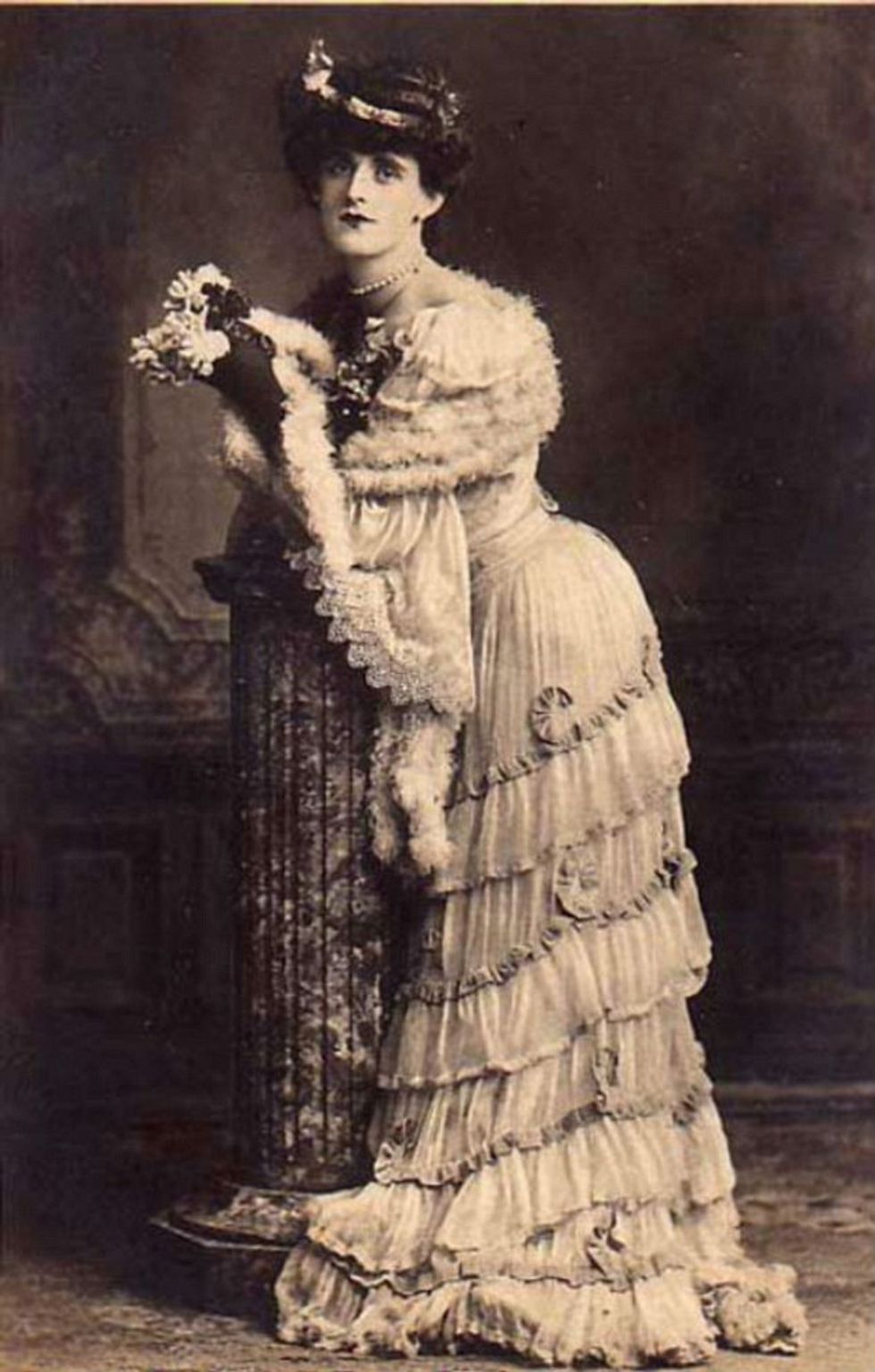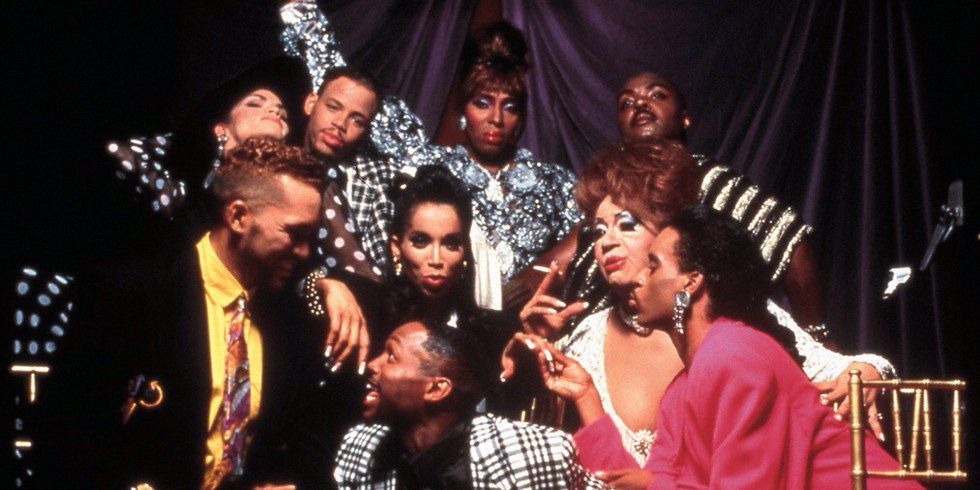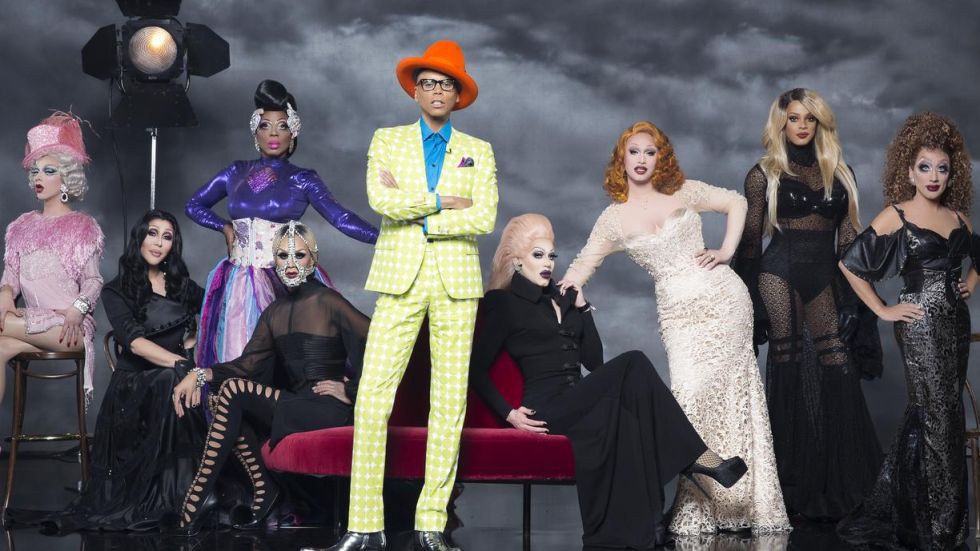"RuPaul’s Drag Race" has really done something amazing. Drag has been brought into the mainstream (no matter how much RuPaul would like to deny it). While it’s been so exciting to have so many people introduced to the wonderful world of drag, this does mean that there are a lot of people who don’t fully understand the history or importance of drag. Thus, I present to you, a short history of drag!
Drag has always existed. In Ancient Greece, men played women’s theatrical roles, a tradition that most of us know continued into Shakespearean times.
While this drag stemmed from misogyny (women weren’t even fit to play women’s roles), its existence of course destroys the notion that drag is "new." Drag is not even a uniquely Western practice as some seem to believe. Kabuki, an ancient Japanese performance style, required men to wear heavy makeup and perform in women’s roles, including highly sexualized performances.
Classical Opera also has a long history of cross-gendering roles. It was after this, in the Victorian Era, that the term "drag" was coined (the skirts were so long that they literally dragged on the ground).
During the mid-twentieth century was where things got interesting. It is at this time that drag began to become an art form unto itself. Men and women in Victorian times did indeed experiment with cross-dressing, but in the late 60s, drag began to morph into a self-sustaining performance. Queer communities utilized drag much like their Victorian brethren did: as a way to display individuality and break from the norms of the time. By the late 70s and early 80s, drag as we know it (i.e., walking the runway, performing lip syncs, etc.) was born. This whole movement was led largely by queer people of color, a fact that is unfortunately often forgotten. Let’s take a quick look at what may be the greatest drag performance ever (just watch that entrance!!).
In 1990, "Paris Is Burning" was released, and the world began to see what gay people had been seeing for decades. "Paris Is Burning" documented the drag balls of Harlem in the late 80s, again led by queer people of color. The movie explains the unique language of drag and the lives of these queens. It is necessary viewing for anyone even remotely interested in drag (don’t worry, it’s on Netflix).
Enter RuPaul. Supermodel of the World. 1993. Suddenly drag is thrust headfirst into a sort of mainstream, and the rest is herstory. It is from this moment onward that drag entered the mainstream (i.e., heterosexual) consciousness. RuPaul was in movies, had music videos on MTV, and for a while had her own talk show! Again, a queer person of color had changed the face of drag.
Jump to today, and we have "RuPaul’s Drag Race," in which drag queens compete to be America’s Next Drag Superstar. The show has further made drag a semi-regular topic of conversation and definitely made RuPaul a household name. The show continues to push the boundaries of what is considered the "norm" in drag culture (yes, even drag culture has norms) while bringing a new batch of queens much-deserved fame every season.
With RuPaul’s recent Emmy win as host of Drag Race, it seems that drag increasingly is becoming a part of "the mainstream." However, this does pose the risk that drag will be further and further removed from its roots. Specifically, it is important to remember that drag as we know it today began in Harlem with queer people of color. And for straight people, it is important to remember that drag has given you some of the things you love, too: contouring, slang like "slay" and "yaaaasss," and even Beyoncé!
P.S. I also greatly encourage you to do some research on your own, as there is a whole world of drag that I couldn't fit into this article. Start with a queen named Divine and work your way up.




